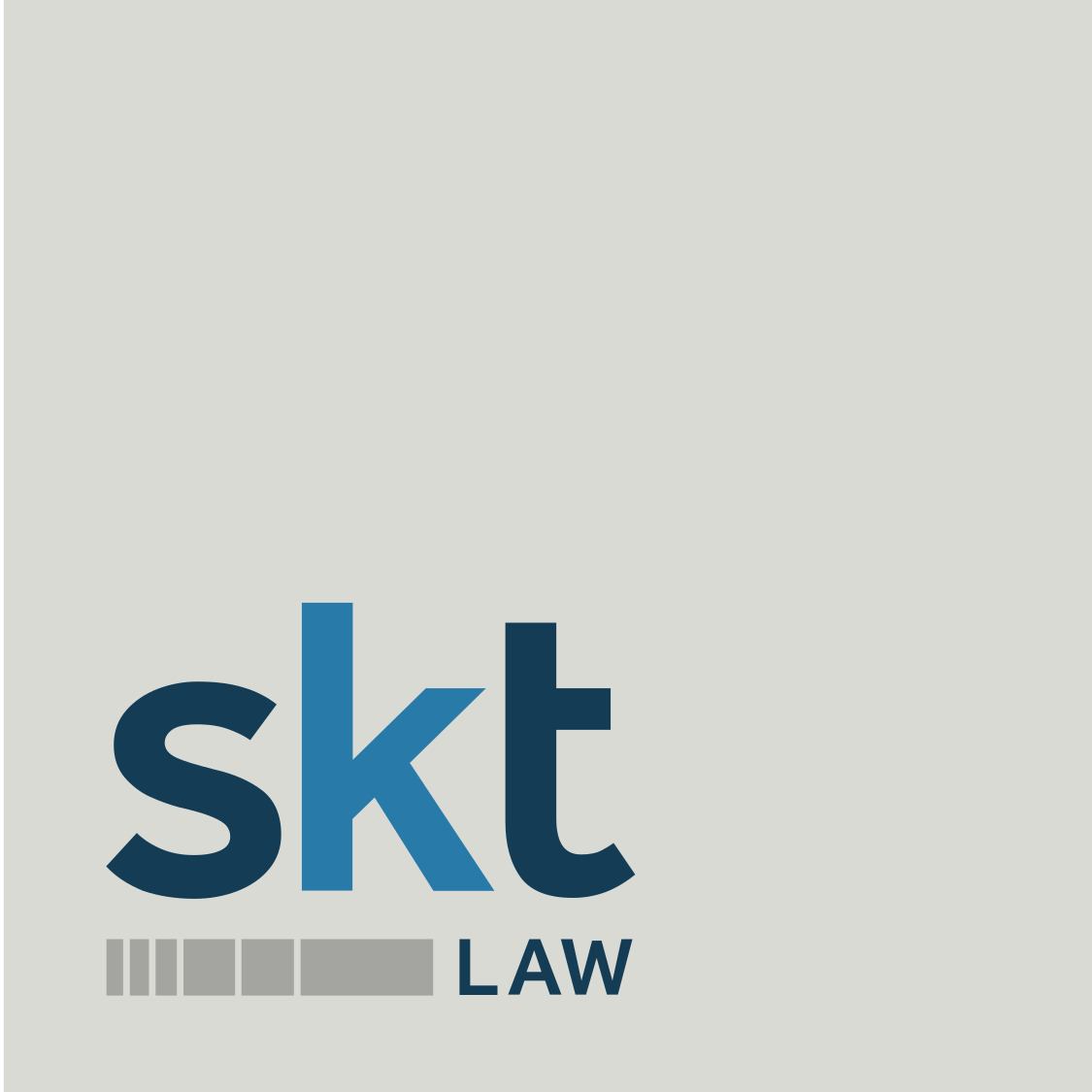Are you facing a situation where you and your employees aren’t getting along? Handling disputes with employees can be one of the most challenging aspects of running a business. Employee/employer disputes can arise from various issues, including misunderstandings, policy violations, and even legal claims. When left unresolved, these conflicts can disrupt productivity, harm morale, and lead to costly legal challenges. Knowing how to address these issues effectively is essential for a healthy workplace.
Understanding your rights and responsibilities in employee/employer disputes can give you the clarity needed to resolve conflicts fairly. SKT Law is here to guide you through the complexities of dispute resolution.
Common Causes of Employee Employer Disputes
Understanding the common reasons for disputes between employers and employees can help prevent conflicts and create a healthier work environment. Here are some frequent causes of workplace disputes.
Poor Communication
Miscommunication is one of the top reasons for conflicts in the workplace. When instructions are unclear or expectations are left vague, misunderstandings can easily arise. This often leads to frustration on both sides, as employees may feel they’re not getting the guidance they need, while employers may feel their directions aren’t being followed. Establishing clear, open channels of communication can help avoid these issues.
Misaligned Roles and Responsibilities
When there’s a lack of clarity around job roles and responsibilities, disputes are more likely to occur. Employees may have one idea of what their role entails, while employers may expect something different. These differing expectations can cause friction and dissatisfaction, particularly regarding performance evaluations. Regularly discussing and aligning on roles can help prevent these misunderstandings.
Negative Workplace Culture
A work environment that lacks respect, recognition, or fairness can lead to disputes. Issues like favoritism, harassment, or lack of support from management can foster resentment and tension. Building a positive, inclusive culture that values all employees helps reduce the likelihood of conflict and promotes a more cohesive workplace.
Compensation and Benefits Issues
Pay and benefits are often sensitive topics in any workplace. Disputes can arise when employees feel that they’re not being compensated fairly or believe that their benefits package doesn’t match their contributions. Regularly reviewing compensation structures and being transparent about benefits can help address these concerns and prevent resentment from building.

Approaches to Employment Dispute Resolution
According to a survey by HR Morning, Eighty-eight percent of employers say that settling disputes before trial is important. Resolving employee/employer disputes requires a structured approach that respects both employer and employee rights. The goal is to reach an outcome that maintains a positive work environment while protecting your business. Here are a few effective methods for employment dispute resolution:
1. Open Communication and Mediation
Often, disputes can be resolved through direct and honest communication. Encouraging employees to share their grievances in a structured way can clarify misunderstandings before they escalate. Mediation, where a neutral third party facilitates a conversation, can also be helpful for resolving conflicts. This approach can be effective when both parties are willing to cooperate and seek a mutually beneficial solution.
2. Formal Grievance Procedures
Establishing a formal grievance procedure allows employees to address issues through a defined process. This may involve submitting a written complaint, having an investigation conducted, and allowing both sides to present their perspective. Formal grievance procedures are particularly useful in larger organizations, where structured processes help manage conflicts consistently and transparently.
Related Article: A Guide For Handling Employee Complaints
3. Arbitration as an Alternative
In cases where communication and internal processes aren’t enough, arbitration offers a legally binding option. Arbitration involves a neutral arbitrator who reviews the case and makes a decision, which both parties must accept. Unlike a court trial, arbitration can be quicker and more private, helping protect your business’s reputation while resolving the issue.
Understanding these approaches can help you determine the best path forward for handling employee disputes, but it’s often best to consult with legal counsel to ensure your approach aligns with current employment laws.
“Effective dispute resolution starts with understanding the root causes of conflicts. Addressing these issues proactively can save employers from costly legal disputes and foster a more cohesive work environment.” — Eliot Krieger, Managing Partner, SKT Law
Legal Guidance for Handling Employee Employer Disputes
Employee/employer disputes can quickly become complex, involving multiple legal considerations and potentially exposing your business to risk. Legal counsel can offer crucial guidance to help you manage these disputes fairly and effectively. SKT Law specializes in employment dispute resolution, and our team is prepared to help you address any conflict that arises in the workplace.
Related Article: What Does A Business Litigation Attorney Do?
Working with SKT Law
At SKT Law, we understand the nuances of employment disputes and the impact they can have on your business. From contract disagreements to harassment claims, our legal team is experienced in helping employers navigate every aspect of employment dispute resolution. We work with you to develop a clear strategy that protects your interests while respecting your employees’ rights.
Schedule a Consultation Today
Don’t let employee/employer disputes put your business at risk. Schedule a consultation with SKT Law today to gain clarity on your rights and responsibilities in workplace disputes.
